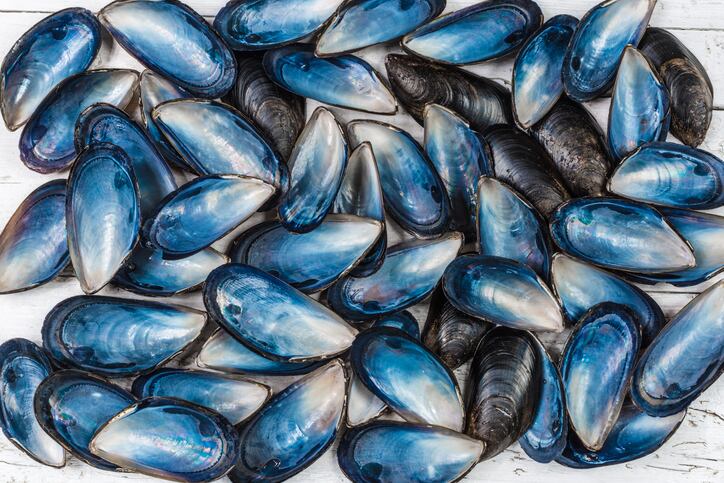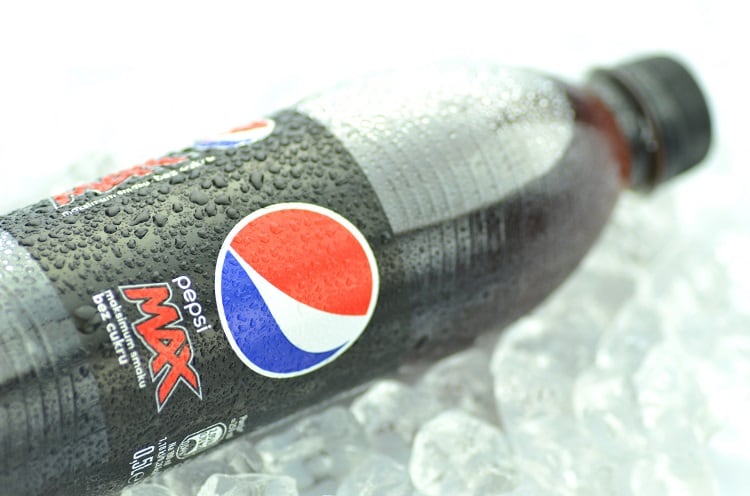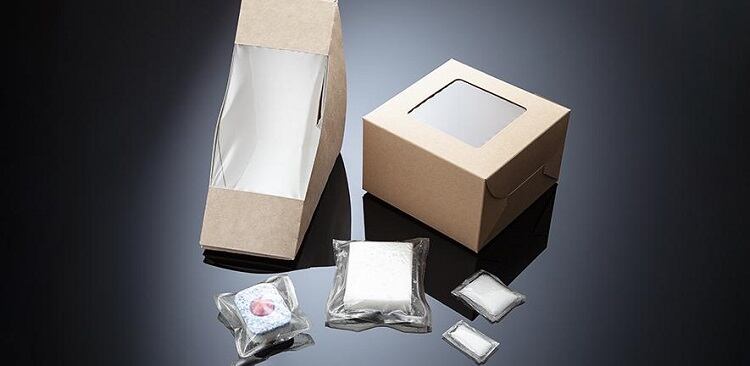Are these tiny plastic fibres harmful to human and environmental health? The science is still out. No published study has yet directly examined their effects on people. It is generally accepted they are not harmful or at best minimal to human health. However, direct contact with microplastic particles may have possible adverse effect in cellular level, scientists believe.
Microplastics are therefore another potential stick with which to beat the food industry. Polls regularly discover public opinion demanding we get rid of plastic packaging on food and have compostable packaging instead. The food industry therefore wants to find solutions to the problem of the rise in the production of throwaway plastics that are failing to be contained, controlled, reused and recycled.
One solution: mussels. Scientists at Plymouth Marine Laboratory have launched a series of trials of a unique microplastic clean-up method using mussels as filtration systems.
Mussels get food by filtering seawater, sieving out plankton and other nutritious particles and flushing out unwanted particles from their digestive systems.
Earlier this year, with financial support from Waitrose supermarket’s ‘Plan Plastic’ Fund, PML began testing how effective mussels are at removing microplastics from seawater using a custom-designed flume tank.
The experiments showed that a cluster of 300 mussels (weighing 5 kg) could filter out over 250,000 microplastics per hour.
The PLM scientists said that at concentrations encountered in the marine environment, the plastics are unlikely to cause the mussels any harm, and indeed this was shown to be the case in the flume tank experiments.
The experiments confirmed that blue mussels (Mytilus edulis) readily filter microplastics out of the water column. Microplastics are then either rejected by the mussels within ‘pseudofaeces’ or ejected in their normal faecal matter. Additional experiments showed that, even when they contain high levels of buoyant plastic, these mussel faeces will rapidly sink out of the water. This means they can be collected for removal, thereby taking microplastics out of the system entirely.
PML’s computer modelling has indicated that mussels sited near the mouths of rivers and estuaries could filter between 20-25% of small, waterborne microplastics. The factors are complex, with physical parameters to consider including depth, currents, tides, temperatures and varying plastic supply, but the findings mean that a mussel-based clean-up system could potentially be rolled out at scale with significant positive effects.
To test the process further, a series of trials have now begun in the Plymouth Sound using clusters of mussels in large submersible ‘baskets’ with net-like receptacles which collect the faeces - and the microplastics - which can then be hauled in and removed from the seawater.
“The trials so far have been extremely promising and we’re very excited about the positive impact systems like these could potentially have on estuarine areas, particularly in places where microplastics might accumulate such as marinas, harbours or near wastewater treatment works,” said Professor Pennie Lindeque, Head of Science - Marine Ecology and Biodiversity.
“Each year, an estimated eight million tonnes of plastic end up in the ocean – the equivalent to a full truckload dumped into the sea every minute. Of course, prevention is better than cure, but we are very encouraged to see that a nature-based solution using the humble mussel could have a key role to play in the war on microplastics, a growing threat to our world’s oceans. The mussels, with their highly evolved filtration system, effectively collect up and leave the recycling out for us to dispose of. It’s amazing to consider how far this could be taken.”





